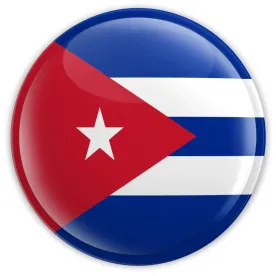Today, the Department of Treasury’s Office of Foreign Assets Control (OFAC) amended the Cuban Assets Control Regulations to implement changes in U.S. policy toward Cuba announced by President Obama on December 17, 2014.
The amendments permit travel to Cuba for certain purposes and related services, modify remittances to Cuba and authorize related services, authorize certain transactions with Cuban nationals outside of Cuba, allow specific trade activity, and liberalize financial transactions with Cuba.
As a result of the amendments, and of particular interest to the U.S. financial sector:
-
Banking institutions, including U.S.-registered brokers or dealers in securities and U.S.-registered money transmitters, are authorized to provide services in connection with the collection or forwarding of remittances to Cuba. Remittances of up to $2,000 in any consecutive three-month period are now permitted.
-
U.S. credit and debit cards may be used in Cuba for travel-related and other transactions, and U.S. financial institutions are permitted to enroll merchants and process such transactions. The per diem limitation on authorized travelers’ spending in Cuba has been eliminated.
-
Certain micro-financing activities, such as for private businesses and agricultural operations, are authorized.
-
Depository institutions are authorized to open correspondent accounts at Cuban financial institutions to facilitate the processing of authorized transactions and to permit U.S. financial institutions to reject and process certain funds transfer transactions.
-
The regulatory interpretation of “cash in advance” is revised from “cash before shipment” to “cash before transfer of title or control” to allow expanded financing options for authorized exports to Cuba.
-
Accounts of Cuban nationals who have permanently relocated outside of Cuba are unblocked.
-
Funds transfers through the United States for personal expenditures of employees, grantees, and contractors, and persons who share a common dwelling as a family member of such individuals, of third-country official missions in Cuba or any intergovernmental organization in which the United States is a member or holds observer status in Cuba, are authorized.
We look forward to keeping you informed about the evolution of U.S. sanctions regarding Cuba and are available to help you analyze potential opportunities as well as to provide input to the decision-makers in Washington.




 />i
/>i

